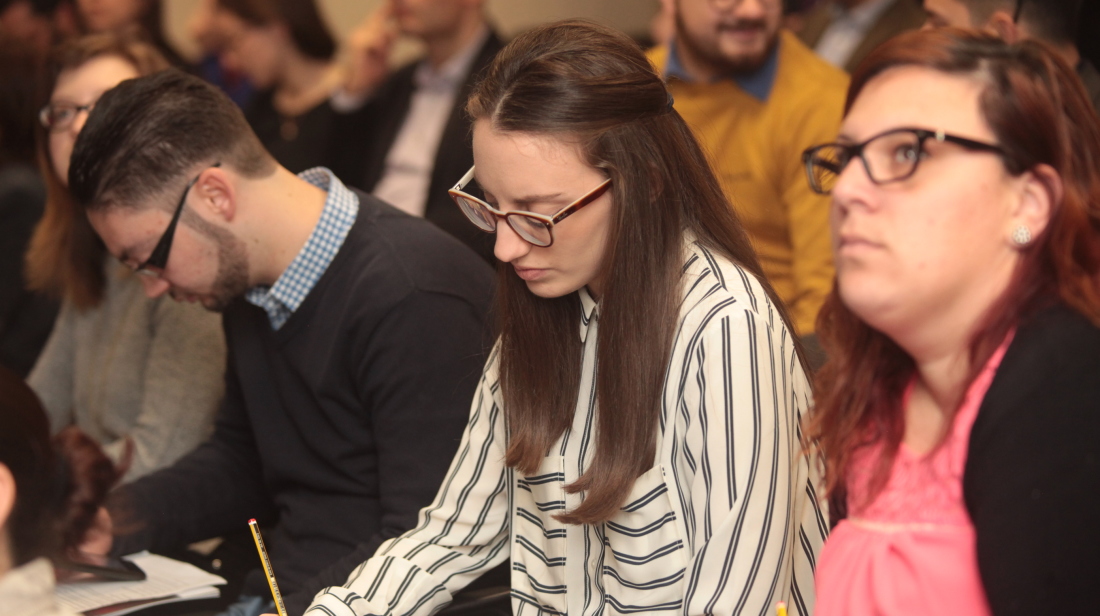Figures from the first Valletta Participation Survey (2015), carried out by the National Statistics Office (NSO) on behalf of the Valletta 2018 Foundation, show that Valletta 2018 is having a positive impact.
These results were corroborated by others carried out by the Malta Tourism Authority (MTA) and the Employment and Training Corporation (ETC), as well as a number of other public entities and individual researchers. These findings were presented during Culture Matters: Valletta 2018 Initial Findings seminar, held today at the University of Malta.
The one-day seminar was opened by Valletta 2018 Foundation Chairman Jason Micallef who said: “This investment in quantitative and qualitative research is a way to strengthen the participation of people in culture, through the monitoring of the work done. These assessments will help us understand and appropriately respond to the challenges ahead”.
Announcing the findings, the Minister for Justice, Culture and Local Government, Owen Bonnici, said: “81% of respondents believe that Valletta is changing for the better moreover, 82% of those interviewed believe that Valletta 2018 is having a positive impact on Valletta’s image”.
Interest in Valletta 2018 is high with 71% stating that they are likely to attend Valletta 2018 events, Dr Bonnici stated adding that 85% of respondents agree that Valletta is a lively and active city and 81% believe Valletta is a centre for creativity.
Emphasising the importance of comprehensive research within the cultural sector where accessibility is key, Dr Bonnici said such findings show that efforts are giving strong results. Valletta is changing for the better and the change is gradual but constant despite that the European Capital of Culture year will be in 2 years’ time
Adonia Sammut, who carried out research regarding careers in the cultural and creative industries on behalf of the ETC highlighted that the total employment in the industries as at the end of June 2015 amounted to 10,991 people or 5.35% of employment in the economy.
Also of particular interest is data from research carried out by Tania Sultana and Mariella Attard representing the MTA showing that 23.3% of tourists who came to Malta between February and October 2015, were aware of Valletta 2018 prior to their visit while 57.6% of respondents who were unaware of the title learnt about this during their stay.
The seminar was also addressed by Rolf Norås, the Director of Cultural Affairs in the city of Stavanger in Norway, and the Strategic Director of Stavanger European Capital of Culture 2008. Mr Norås, who recently authored an investigation into 12 former European Capitals of Culture, spoke of the shared experiences across different cities.
This five year research study, taking place as part of the Valletta 2018 Evaluation & Monitoring process, aims to develop a comparable and rigorous body of research examining the impacts of Valletta 2018 across a number of areas, including cultural participation, community inclusion, infrastructural regeneration, tourism, and the perception and image of Valletta, amongst others.

